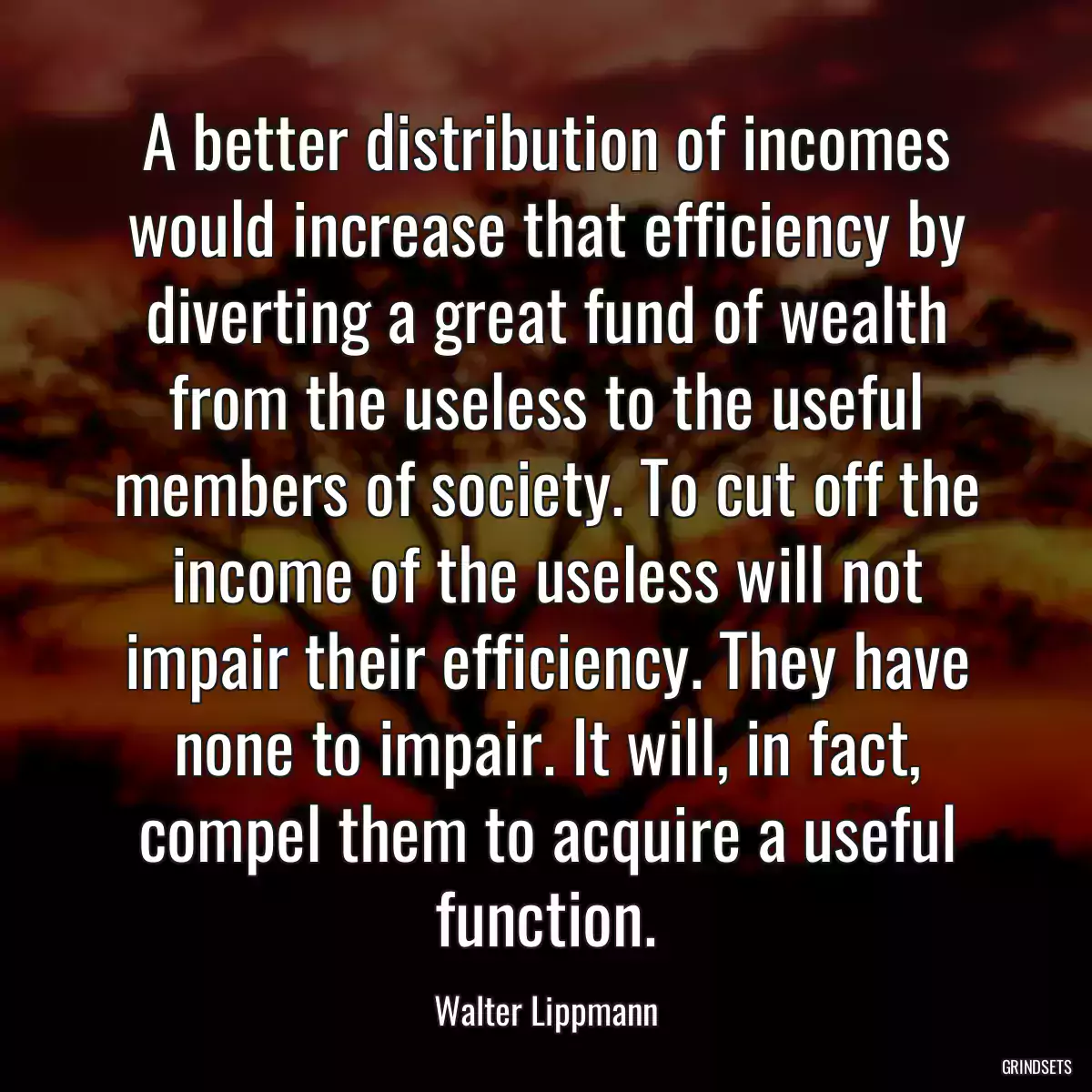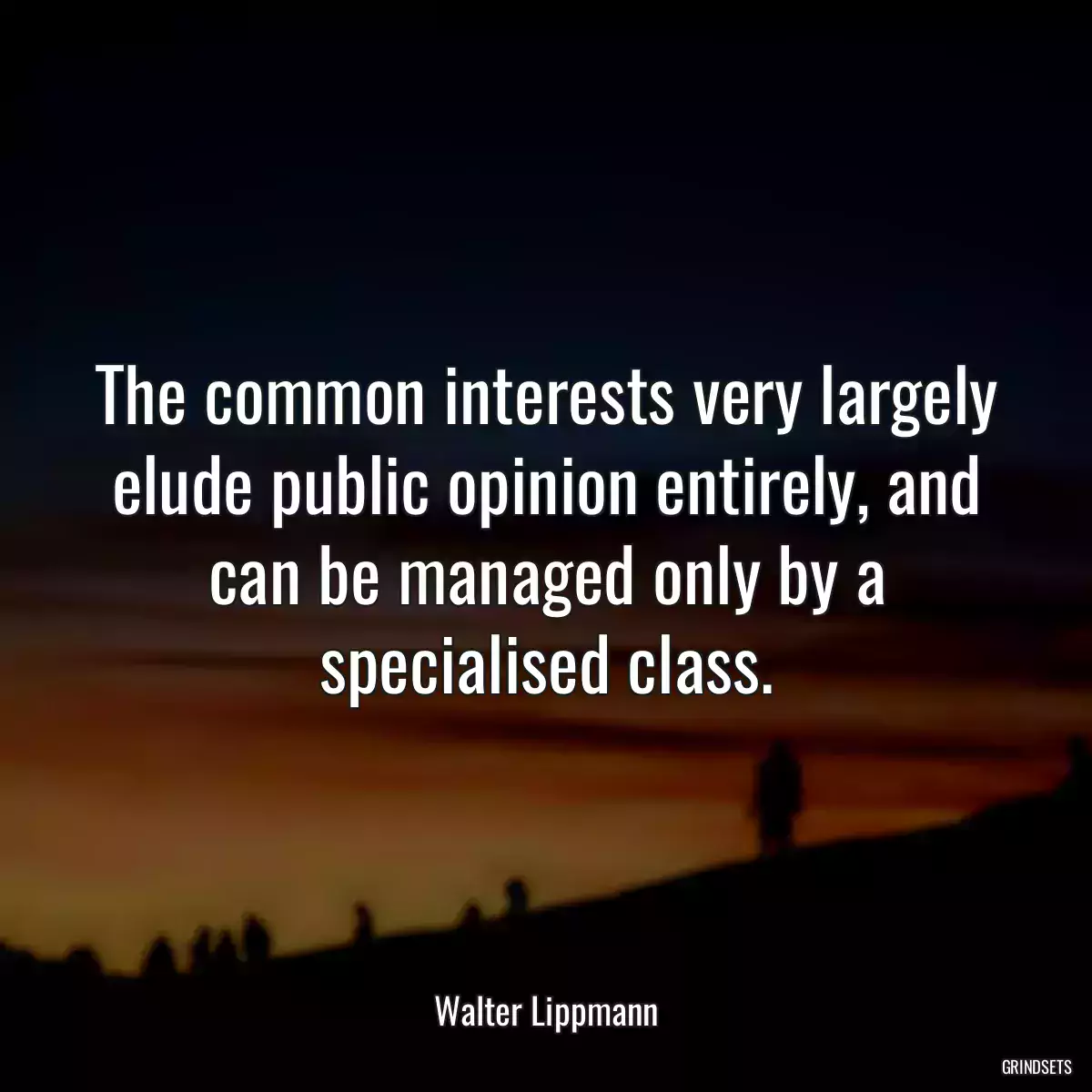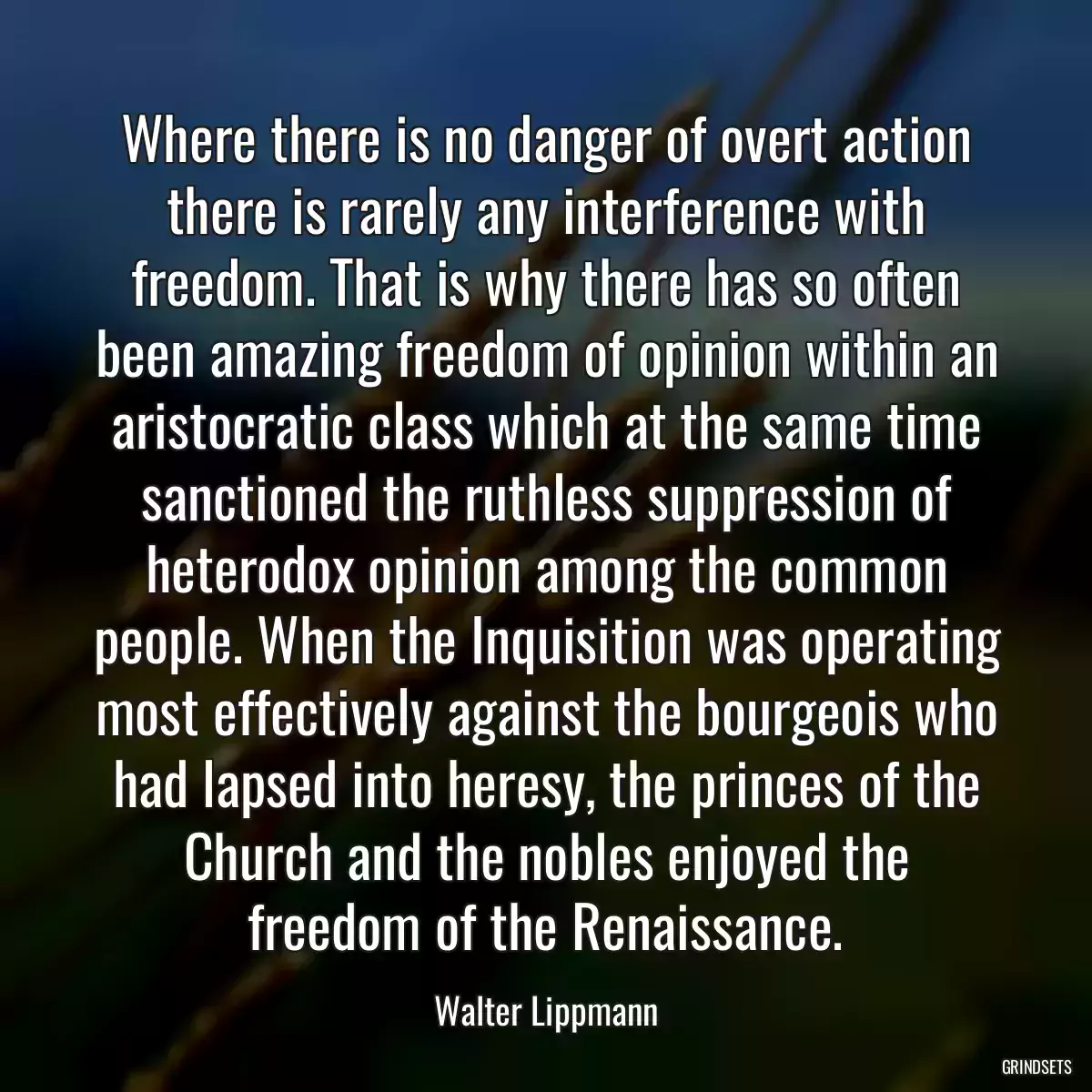
A better distribution of incomes would increase that efficiency by diverting a great fund of wealth from the useless to the useful members of society. To cut off the income of the useless will not impair their efficiency. They have none to impair. It will, in fact, compel them to acquire a useful function.

